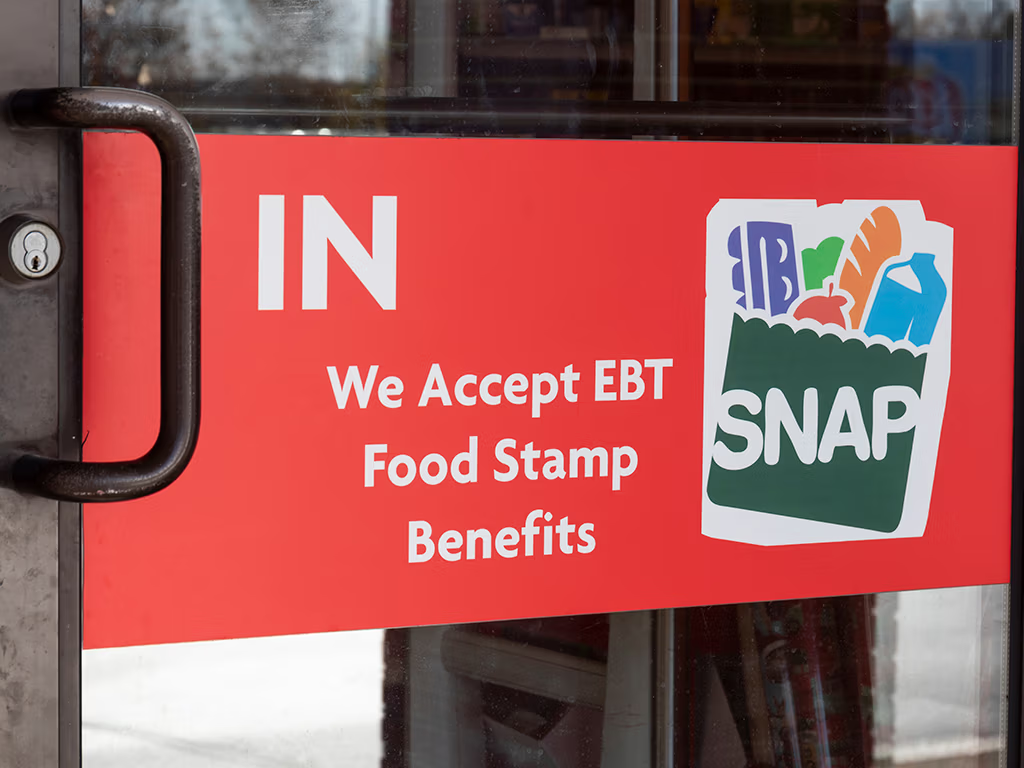Officer(s) Involved: Schuylkill County, Pennsylvania police officer Denna V. Krammes, born 31 January 1978.
Synopsis: Krammes, who served as a police officer in Schuylkill, Dauphin and other counties was charged on 27 April 2021, with felony welfare fraud for allegedly failing to report her full income while receiving state assistance benefits.
Krammes, of Orwigsburg, who was 43 years old at the time of her arrest. by the state attorney general’s office. She was released on $5,000 bail.
Agent Joelle Columbo of the state attorney general’s office said Krammes is charged with fraudulently obtaining food stamps for assistance after collecting $1,907 in Supplemental Nutrition Assistance Program (SNAP) benefits, and $1,733.04 in medical assistance (MA) benefits. Columbo said Krammes failed to report her income from her job as a police officer in Coaldale from August until early this year.
“The defendant fraudulently incurred a SNAP benefit overpayment for herself and child and MA benefit overpayment for herself in the total amount of $3,640.04,” Columbo wrote in court documents.
In addition to her employment with Coaldale police, Krammes served a brief time as Weissport’s police chief in 2016 and as a West Penn police officer. She also previously served as an office staff member for Tamaqua Magisterial District Judge Stephen Bayer in 2006.
Outcome: Additional information is difficult to find, although at least one source reported Krammes successfully completed the Accelerated Rehabilitative Disposition (ARD) program, and has had her record expunged.
ARD is a pretrial intervention program in Pennsylvania designed for non-violent offenders with no prior or limited criminal records. The primary purpose of the program is to rehabilitate the offender and secondarily to dispose of charges promptly, eliminating the need for costly and time-consuming trials or other court proceedings.
To qualify for ARD, a defendant must typically have a clean record or a record free from serious criminal convictions and not be accused of a crime of serious violence. The program is available to first-time offenders who are likely to benefit from treatment and rehabilitation and are unlikely to commit another crime.

